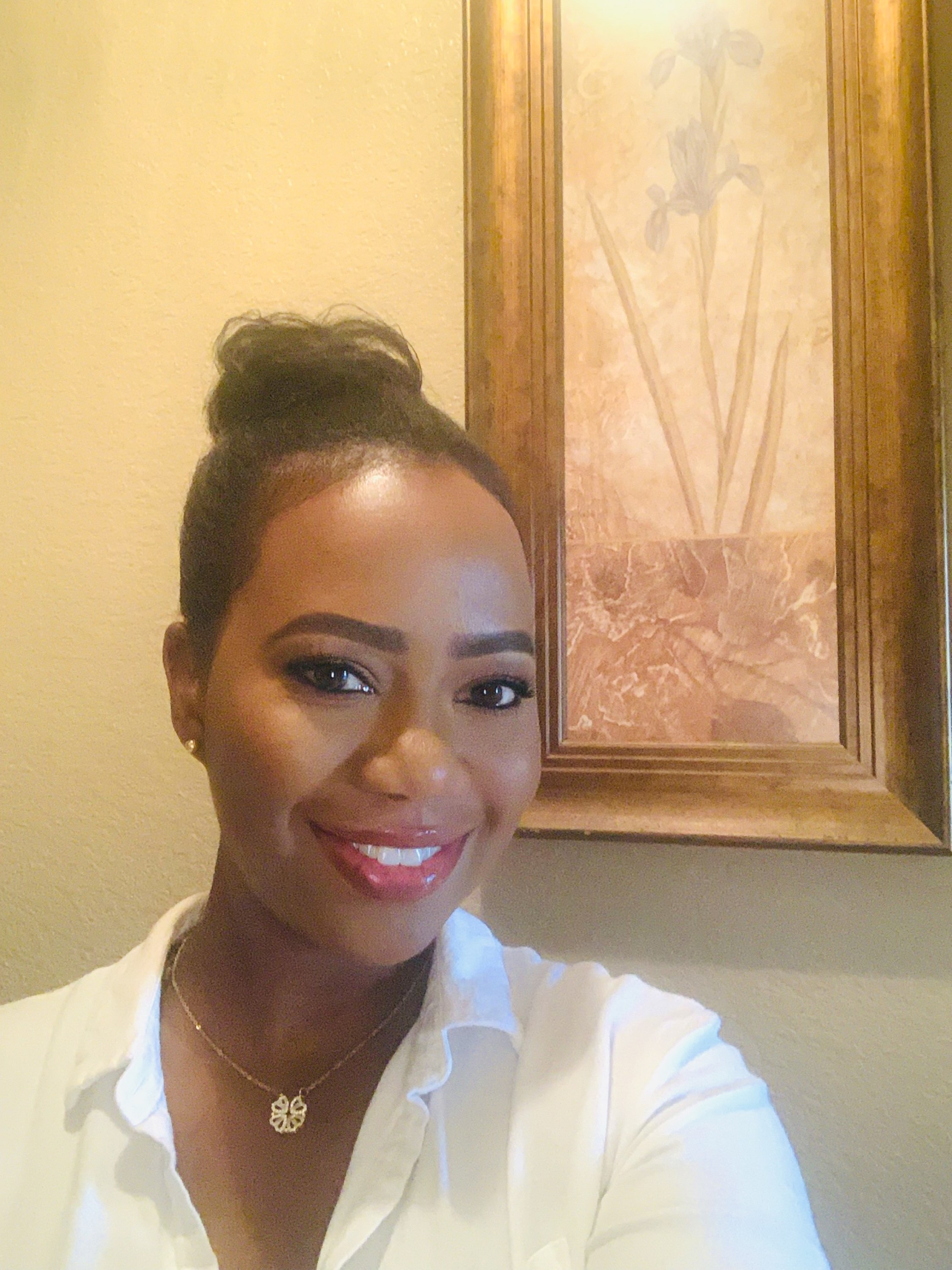5 hours ago5 min read



Updated: Sep 7, 2025

Life has a way of teaching us the same lesson over and over until we finally decide to listen: our energy is not limitless, and neither is our time. For so many women, this realization hits after years spent saying yes to everything—every invitation, every obligation, every request that leaves us depleted and resentful.
At some point, you have to choose yourself. You have to get comfortable with the idea that you simply can’t keep showing up for things—and people—that drain your spirit. And more importantly, you have to do it without carrying the guilt that often comes along for the ride.
This isn’t about becoming cold or self-absorbed. It’s about becoming discerning. You are allowed to honor your needs without apology. In fact, your well-being depends on it.
Let’s explore what it really looks like to become unavailable for what drains you, in real, everyday terms.
Before you can step back, you have to see things clearly. What exactly is pulling at your energy? Sometimes, it’s obvious—like an unbalanced friendship or a toxic workplace. But often, it’s more subtle:
The habit of answering texts the minute they arrive, no matter what you’re doing
The pressure to say yes because you don’t want to disappoint people
The mental load of keeping up appearances on social media
The self-criticism that runs through your mind when you slow down
Start by observing your days. What interactions leave you feeling resentful or hollow? What commitments feel like obligations rather than choices? What thoughts keep you awake at night?
Naming these things doesn’t make you negative. It makes you honest. And honesty is where real change begins.
One of the biggest reasons women stay stuck in draining cycles is the pressure to be everything to everyone. A good friend, a supportive partner, a reliable employee, a present mom, an agreeable daughter.
It’s an impossible standard.
When you believe you should always be accommodating and available, you’ll find yourself drained—and disconnected from your own life.
Give yourself permission to let go of the fantasy version of you who never says no. The real you is worthy of care, rest, and space. The real you cannot keep pouring from an empty cup.
If you’ve been conditioned to feel guilty for setting boundaries, you might find yourself justifying every “no.”
“I’m so sorry, I just have a lot going on.”“I wish I could, but maybe another time…”“I hope you’re not mad, but…”
You don’t owe people a detailed explanation for why you’re protecting your time and energy.
A simple, respectful no is enough.
Here are a few examples you can lean on:
“Thanks for thinking of me, but I can’t.”
“I’m not available for that.”
“That doesn’t work for me right now.”
The more you practice, the easier it gets. And with time, you’ll notice that the people who truly respect you don’t require an elaborate justification.
Boundaries aren’t only about big decisions like ending a friendship or leaving a job. Often, they’re small choices you make each day:
Putting your phone on Do Not Disturb after 8 p.m.
Not responding to work emails outside business hours
Politely declining to engage in gossip
Scheduling alone time and protecting it like any other appointment
These micro-boundaries create breathing room. They remind you that you are allowed to tend to your own needs, even when the world is loud and demanding.

Guilt has a sneaky way of creeping in when you start prioritizing yourself. You might feel selfish for resting, or unkind for saying no, or worried that people will think you’re difficult.
Pause and ask yourself: Who benefits from me feeling guilty?
Usually, the answer is: no one.
Your exhaustion doesn’t serve the people you love. Your resentment doesn’t strengthen your relationships. Your guilt doesn’t make you a better person—it just keeps you stuck.
Remind yourself: you are allowed to step back without apologizing for needing rest, clarity, or distance.
If you’re navigating the discomfort of letting go, you might also appreciate this post: It’s Time to Move On: Letting Go of People, Places, and Patterns You’ve Outgrown. It offers gentle guidance for releasing what no longer fits.
Being available doesn’t mean saying yes to everything. It means showing up fully for what matters most. When you stop scattering your energy on things that drain you, you free up space for what fuels you:
Relationships that feel reciprocal and supportive
Work that aligns with your values
Rest that replenishes you
Passions you’ve been putting off
You are not here to be perpetually accessible. You are here to live, to create, to grow, to savor.
Every time you uphold a boundary, you teach others what is—and isn’t—okay.
This might feel uncomfortable, especially if people are used to your constant availability.
Some may resist your new limits. Some may question them. That doesn’t mean you’re doing something wrong.
It simply means you’re growing.
Standing firm in your decisions is an act of self-respect. Over time, people either adjust to your boundaries or reveal that they were only invested in you for what you could give them.
Either way, you gain clarity.
When the guilt or doubt surfaces, come back to this question: Why am I choosing to become unavailable for what drains me?
Maybe you’re tired of feeling perpetually exhausted. Maybe you want to be more present with your kids. Maybe you want to reclaim your creativity. Maybe you just want to feel like yourself again.
Whatever your why is, let it be your compass.
Choosing yourself isn’t always a graceful process. You will second-guess your decisions. You will feel uncomfortable. You might even grieve the old version of you who never said no.
That’s okay.
It takes courage to unlearn patterns of over-giving. It takes strength to let go of guilt. It takes self-trust to believe that you’re worthy of peace.
Celebrate every small step you take toward honoring yourself. They add up. They matter.
Becoming unavailable for what drains you doesn’t make you selfish, cold, or unkind. It makes you aware. It makes you intentional. It makes you a better caretaker of your own life.
And when you choose to honor your boundaries without apology, you create the conditions for your well-being to flourish.
You deserve that.
See you at the next post. ❤️
Follow EveryHer on Facebook at everyherwellness. Follow me at kim.ba0918.

Kimberly Ba, APFA-CHWC
Certified Health & Wellness Coach and Wellness Blogger, and the founder of EveryHER Wellness, a space dedicated to helping women find balance, protect their peace, and reconnect with what truly matters in everyday life.


Follow EveryHer Wellness and be part of a community that truly gets it.




Comments